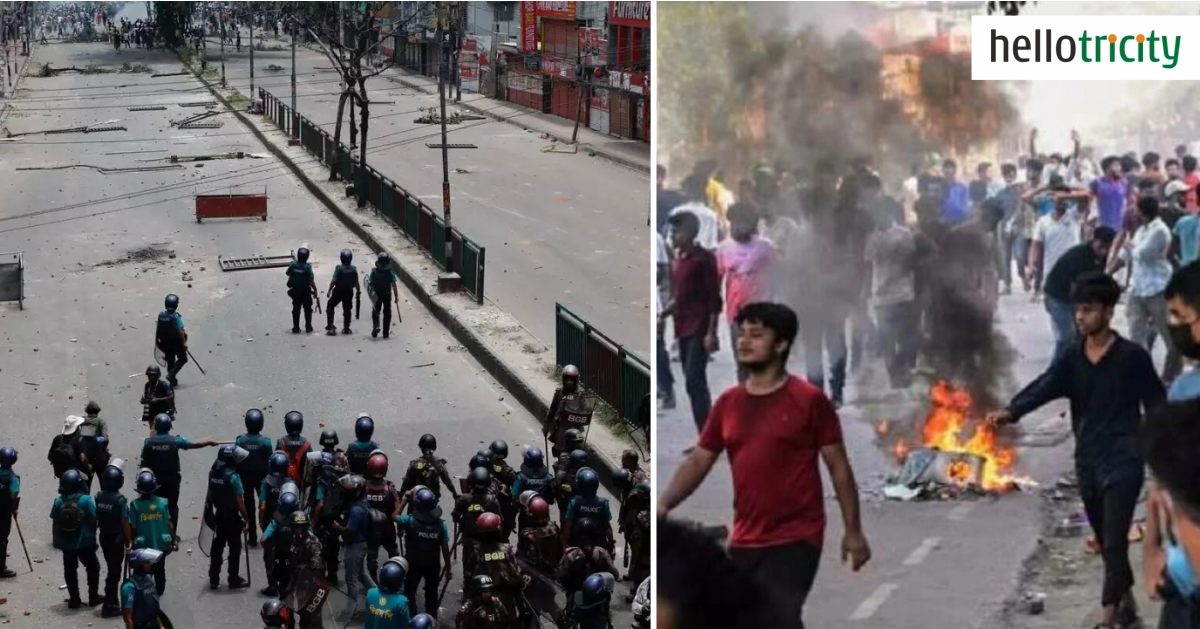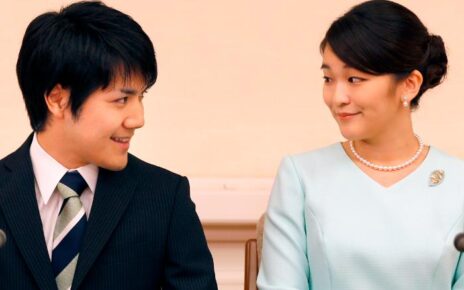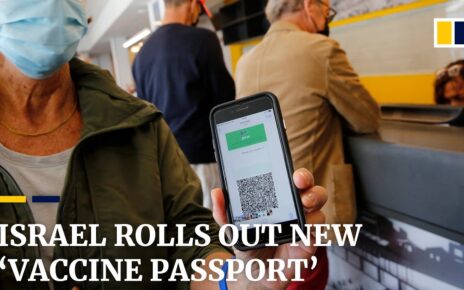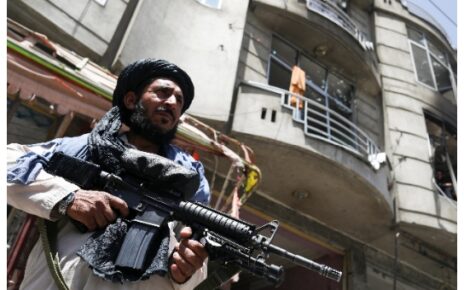Student-led protests in Bangladesh have intensified, forcing over 1,000 students from India and neighbouring countries to flee the violence. The unrest stems from a controversial quota system for government jobs, sparking clashes and leaving a trail of death.
The Bangladeshi government previously reserved 30% of civil service positions for families of war veterans who fought for independence in 1971. This system, however, was abolished in 2018. A recent court decision reinstated the quotas, igniting fury among young Bangladeshis struggling with high unemployment rates.
Students have become the face of the protests, taking to the streets of Dhaka and other cities. The demonstrations have turned violent, with police resorting to force. According to an AFP tally based on hospital and police reports, at least 115 people have died in the clashes.
The Indian Ministry of External Affairs (MEA) has prioritized the safe return of Indian students. Over 1,045 Indian students, alongside 152 Nepalese and 4 Bhutanese students, have crossed the border into West Bengal in the past three days.
The Border Security Force (BSF) has established special help desks at border checkpoints to aid returning students. These checkpoints operate around the clock with medical facilities available to address any health concerns.
In a bid to control the situation, the Bangladeshi government has deployed the army and imposed a nationwide curfew. The curfew was briefly lifted for a few hours on Saturday but is expected to remain in effect until next Sunday morning.
The international community has voiced concern over the situation. Amnesty International condemned the Bangladeshi government’s response, highlighting the rising death toll and the “absolute intolerance shown by the Bangladeshi authorities to protest and dissent.”
The Indian government remains vigilant and prepared to assist any remaining Indian students seeking to return. The unrest presents a significant challenge for Bangladeshi Prime Minister Sheikh Hasina’s government. It must navigate a path that addresses the grievances of the youth while restoring order and stability in the country.




